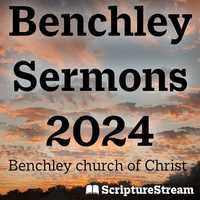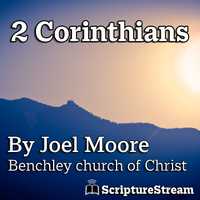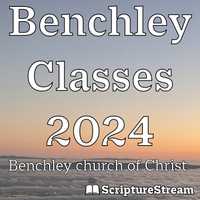Introduction
- Galatians 2:20
- What is the difference between saying, “I go to church” and “Christ lives in me”?
- Obeying God involves a complete change of life.
- Matthew 22:37
- Romans 6:4, 6
- I John 1:6-8
- Acts 2:42 – Obeying Christ involves changing habits and routines.
- I Corinthians 15:33
- James 4:4
Physical
- II Corinthians 11:23-28 – What was Paul’s attitude toward his physical body?
- I Timothy 2:9; 4:6
- Our attitude toward our body should change completely.
Mental
- Colossians 3:1
- Luke 23:33 – Jesus had a different mindset! We are trying to be like this.
Emotional
- Philippians 3:20
- I Thessalonians 2:19 – Paul rejoiced because of other Christians
- III John 1:4
- Our joy is pinned on God.
Social
- I Kings 22:8-9, 13-14 – The prophets did not have many friends! If we are speaking truth, we may not have many friends either.
- I Peter 4:11
- I must be willing to give up my social life if that’s what it takes to serve God.
Financial / vocation
- Philippians 3:4-11
- Can we serve God in our line of work?
Death / eternity
- Philippians 1:21 – To die is gain!



